Health Matters is a weekly radio show sponsored by the Medicine Center Pharmacy on WHBC 1480 AM in Canton, Ohio. This episode pharmacists Brad White and Paul White discuss Colon Cancer Awareness with Dr Kirby Sweitzer, MD, President at Mercy Medical Center Angeline Barbato, RN, Cancer Nurse Navigator.
Coronavirus Resources:
This program aired on March 13th, 2020 and the information detailed in the audio of the podcast was current at that time. We have updated this post with local resources to keep you informed about the developing situation at hand.
Ohio Department of Health
CDC COVID-19 Site
Coronavirus COVID-19 Global Cases by the Center for Systems Science and Engineering (CSSE) at Johns Hopkins University (JHU)
Coronavirus Symptoms vs Influenza Symptoms
Steps to Prevent Illness
Managing Coronavirus-related Stress
You can find all our Health Matters Podcasts here: iTunes Google Play Stitcher
This episode is sponsored by Mercy Medical Center and Studio Arts and Glass.
Today we're going to talk about colorectal cancer. It is the third most commonly diagnosed cancer and the second leading cause of cancer in death in men and women combined in the United States. The American Cancer Society estimates that 147,000 people will be diagnosed with colorectal cancer and 53,000 could die from this disease in 2020. On average, the lifetime risk of developing colon cancer is about 1 in 23 for men and women combined; however, this varies widely according to individual risk factors. Since the mid 80s, the colorectal cancer survival rate has been increasing, due in part to awareness and screening. By finding polyps and cancer in earlier stages, it's the easiest to treat. Improved treatment options have also contributed to the rise in survival rates.
We'd like to remind our listeners that our program today is also available on our podcast, you can download that from our website or in the app store of your favorite smartphone. Just look for Health Matters with the Medicine Center pharmacy and you can listen to any of our programs anytime. If you have any questions today, you can post them up live on our Facebook feed. [00:30]
Tell us about yourself
Angeline: My name is Angeline Barbato, and I am the colorectal cancer nurse navigator at Mercy Medical Center. As a navigator I am available to our patients with either unknown or newly diagnosed cancer to provide support. [02:48]
Kirby: I'm Kirby Switzer. I’ve been in practice since 1992. I’m boarded both in general surgery and colon rectal surgery. [03:04]
Why is this month so important?
Angeline: It's very important because we can use this month to help raise awareness about colon cancer. And it gives us the opportunity to speak with our family and friends, and also the community about the importance of getting screened. So colorectal cancer is a very preventable disease with early screening. So, if we can use this month to raise awareness and hopefully encourage people to get screened, that's the whole goal and it's wonderful. [03:15]
How common is colon cancer?
Kirby: Well, it's relatively common. Unfortunately, it could be a lot less common if people get screened. And I think that's the thrust that we'd like to emphasize today is that screening, screening, screening can avoid a lot of problems down the road. [03:41]
What are the statistics?
Kirby: Well, it's about 147,000 estimated new cases in 2020. So, that's about 1 in 23 will have lifetime risk of colon cancer. So, it's relatively high risk if you compare it to other diseases. A part of it is because of how colon cancer develops; you have a high turnover of cells in the lining of the colon and the rectum, and those cells can become abnormal and then they basically come out of control and as they grow, then they'll form polyps. Polyps are a new growth lining of the colon. And then as that develops over years, it will turn into cancer. [04:09]
What are the preventive measures for colon cancer?
Angeline: So, the biggest thing we can do to prevent colorectal cancer is to promote that early screening. And other than that, there is definitely a benefit with just promoting an overall healthy lifestyle, that would include eating a diet high in fruits and vegetables, whole grains, promoting an active lifestyle, and avoiding alcohol and smoking. That's definitely good because it's overall just promoting a healthy lifestyle to prevent heart disease, diabetes, all of that as well. [05:08]
Kirby: Well, you want to focus on green leafy vegetables more than some of the others. [05:52]
When should someone get screened?
Kirby: Well, it depends on your history. So, let's talk about the general population. If you're African American, age 45, American Cancer Society states that age 45 is when everybody should be starting to be screening. Most things in the literature and most societies still say age 50. This is a disease of older people, though, unfortunately, we're seeing more and more younger people who have this disease. [06:06]
Colonoscopy
There are multiple screening devices. So, the biggest screening is history. So, you go to your physician. You talk to them about what are your risk factors? What are your lifestyles? How much are you eating your vegetables? How much are you decreasing your fats and your red meats, which are also associated with colon cancers? And that's then you do other things. So, fecal occult blood testing, there’s a chemical picking up if there is blood in the stool. That can be influenced by a lot of other things, red meats, diet, and other things. So, the FIT test is the fecal immuno testing, which actually looks at specific immunoglobulins which is much more accurate. But none of those are as accurate or as complete as colonoscopy but they are, generally, used in screening. [07:51]
What are the symptoms of colon cancer?
Kirby: Well, early colon cancer has very little symptoms. The number one symptom of any sort of bowel problem, especially colon cancer, is change in bowel habits. Unfortunately, most people have change in bowel habits. It's not colon cancer but it's definitely a red flag that you need to have further workup. Blood in the stool is incredibly important, that's why the fecal occult blood testing has been so popular in the FIT testing, the immuno testing of the stool is also very important because it picks up that small amount of blood. So, what happens with tumor cells is you have a normal cell, it changes in some way, it becomes a kind of a rogue cell that will grow faster and not die out as quickly as normal cells. And so it continues to grow and to propagate, these cells are abnormal so they're more frail. They don't stick as well together, and because of that, there is some bleeding that can occur. So, that is the basic sequence you have polyps form from these rogue cells. And then over the period of time, you have cancers from them.
The rule of thumb is about three to five years for a polyp to form, and that from these abnormal cells and five to 10 years for a cancer to form from those cells. And that gives us a great opportunity for screening because during that time before cancer actually occurs is the time to pick up these early growths, these neoplasms, these polyps that allow us to actually stop them developing into cancer. [14:23]
What is a polyp?
Kirby: A polyp is a new growth in the colon or the rectum that are from these abnormal cells. So, it can form a mass, it can be flat, it can be pedunculated almost looks like a little tree or bush. But they can be recognized and seen on testing. [16:07]
What can we do to help a patient get screened?
Angeline: Well, part of my job as a navigator is really to just provide them with support and if they have any concerns about the procedure itself, I can give them a pep talk and encourage them, explain the process. A lot of the time, just that pre education helps alleviate the stress. So, as a navigator, again, our job is just to really inform them, be positive, and give them that pep talk to go ahead and proceed with the screening.
Kirby: That's always a difficult situation, because you do have people that are uninsured but even a greater number that are under-insured. And so, a lot of it has to do with the insurance company. What I would say to people is that there are some funds out there to help with screening. There are some sources of help. The problem being is that if you are going to get stuck with a larger bill, you tend to say, “I don't want to have this” or “I don't need this” and you talk yourself into it. Problem is if you don't get screened then the cost and the problem is multiplied later on. [19:29]
What is colonoscopy?
Kirby: So, colonoscopy is a long lighted tube that has a video camera on one end, and you direct this tube like a snake through the twists and turns of the colon. And you can get through the colon most of the time, once in a while you can't, but almost always you can. And if the prep is excellent or are good, you can see these little growths. Polyps come in all shapes and sizes there. There are some flat ones, serrated type polyps. There's ones that form little mounds. There's ones that grow on the stalk, and that's all determined by the type of cell that has changed or has become rogue, not a normal cell. And so as any of the screen device aspects that we talked about earlier, if they are positive, then the next step is to investigate this and that is with a colonoscopy. So, it's a relatively safe procedure. There are some risks to that, but it's very minimal. So, some of the risks include, you can cause some bleeding once again, you can actually perforate or put a hole in the bowel; that happens far less than a quarter of a percent. So, it's relatively safe in that regard. There are some people that don't have sedation with this, but almost always people have some sort of sedation which makes it more comfortable. It makes you kind of forget about it, which is probably a good thing. But this tube doesn't just have a video aspect. It has channels where you can suck out things, you can irrigate clean up areas that are questionable, and you can pass small instruments through that will take bites or are biopsies. You can also pass instruments in there like a snare, almost like a lasso, and you can lasso these polyps and you can take them out. You can use it with just taking them out without any sort of cautery or if you get into some bleeding, you use some cautery on that. And those almost always can be recovered and sent off to pathology for examination. [24:47]
What is the treatment for colon cancer?
Kirby: Hopefully, with screening it's caught very, very early. So, if it’s caught early and it says “minimally invasive”, not through the bowel wall, not in the muscle of the bowel wall, then a lot of times even just removing that area locally is a cure. Most people will do a small resection, and, of course, you want to look at the lymph nodes. So, lymph nodes are very important for staging because that will tell you if it spreads. Colon cancer is one of the types of cancer that has all three types of spread the cancers do.
One type of spread is local invasion. So, locally they will grow through the bowel wall, form masses locally.
The second type of spread is into the lymph nodes. So, as the cancer grows into the normal bowel wall, the lymphatics are there as with anywhere else in our body, and they'll pick up cells and they'll go to the next filtering area, which is the next lymph node.
And then the third way is hematogenous spread or spread through the veins and vessels. So, the colon is drained by veins that go into the portal system or the liver. So, liver is the first area of hematogenous spread, and then the lung is the secondary hematogenous spread of the cancer.
So, when you talk about treatment, you want to say, “Where is the stage of the cancer?” first. And so when you're diagnosed with cancer, you then will go through a process of staging and that will include maybe CAT scans, depending on where it's at, maybe MRIs, you will do bloodwork to look at tumor markers and see where your baseline is or how high those tumor markers are. And then once that's established, then you do the ultimate staging, which is actually a resection. You remove that part of the colon that has the cancer; remove the lymph nodes that drain that cancer. And then, of course, from your earlier staging, if it's in the liver or long, you can biopsy those and that determines a treatment. Hopefully, it's early enough that it can be cured by removing them. We have a saying in surgery “to cut is to cure” and that's often the case but not hundred percent. [27:52]
Is there a topical remedy for the colon?
Kirby: For the colon, not as much. Now, when you talk about anal surgery, which is another whole topic. Most anal cancers, which is the opening of the anus, around the anus, are HPV or Human Papilloma Virus associated. There are topical substances that will help with that: 5-FU creams, things like that. But really inside the colon it's very hard to topically get to that. [30:21]
So, really there's no topical way to treat this. The topical way is to do the endoscopy, the colonoscopy, and to remove anything that’s there. [31:43]
If it's already widely spread then then oftentimes the next move would be chemotherapy because you're treating things outside the colon. If it's located or limited to the colon then the next step is to remove that area. [32:00]
Has there been any advancements?
Kirby: The basic principles are the same. It's been for probably 50-60 years which is remove the diseased segment. How we remove the diseased segment has changed a lot. So, in the 60s, 70s, 50s the treatment was a big open procedure, big incision, a lot of recovery time, a lot of comorbidities, problems with the surgery, hernias, infections, things like that. So, over time we've developed a process that is pretty well delineated now, on how to decrease those risks. And then also the technique. So, when I came out in 1992, laparoscopic colon resections was just being started. So, you use the small holes and you use a laparoscopic, a small camera, and then over the last few years, five years or so, then robotic surgery has really taken this place. And if you look at my career; initially, most of my colon resections that I did for patients with colon cancer, were open. And then it became mostly laparoscopic, and now it's mostly robotic. And there's some great advantages of laparoscopic robotic surgery over the open. It's much less invasive, it's much less stressful on the body. Recovery is so much quicker. And studies have shown that the outcomes are equivalent. [32:47]
Robotic surgery: What’s on the horizon?
Kirby: Well, the technology is incredible. I was just at a meeting a couple years ago in Nashville, and gentlemen presented artificial intelligence tied into the robot and talking about pelvic surgery in low anterior resections all the way down towards the anus is a tough part, and robotic surgery has helped that tremendously because the vision and everything else. But he showed a sample where the computer is using AI, determining where the fat planes were and was actually doing some of the dissection. It was incredible. So, I suspect in the next 5 to 10 years we're going to see a huge advance. [38:32]
What is a Cologuard?
Kirby: A Cologuard is a new screening test that is done basically one stool sample. And it has an aspect that looks at two different things. It looks at some parts of DNA. So, fragments of DNA that is associated with abnormal cells, and also about blood. And so the aspect of it is it's more expensive, of course, but it is also convenient. It also has less, we talked earlier about false negatives and false positives. So, it has less false positives, so there's less work up. And there's less false negatives, so you don't miss as many. But that being said, it's still a screening device. [39:51]
What’s your advice for our listeners?
Kirby: I would say pay attention to your body. If there's any symptoms, don't deny those, get them checked out. And then screening screening, screening. If we find polyps and take them out, those polyps aren't going to turn into cancer. So, screening, I think, is incredibly important.
Angeline: Yes, I definitely agree with screening and I'm just making sure that everyone knows Mercy Cancer Center is here. I’m ready to provide the best care. The nurse navigators are available, and we do have a direct line 330-430-2788 or cantonmercy.org. They can actually fill out a form online, send a question, it goes directly to me and then we can filter out from there and get them started. [42:41]
Summary
As March is Colon Cancer awareness month, this episode was mainly centered towards awareness of colon cancer. We discussed it’s symptoms, treatments, and procedures like colonoscopy and laparoscopy. We also discussed some of the technical advancements in the field. Lastly, our guests gave out some advice for our listeners.
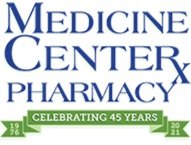










































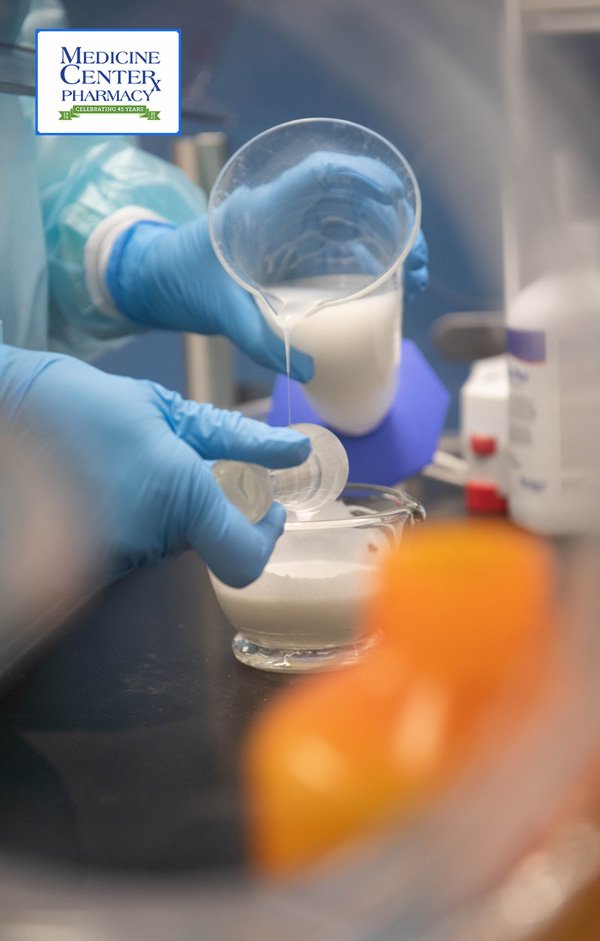




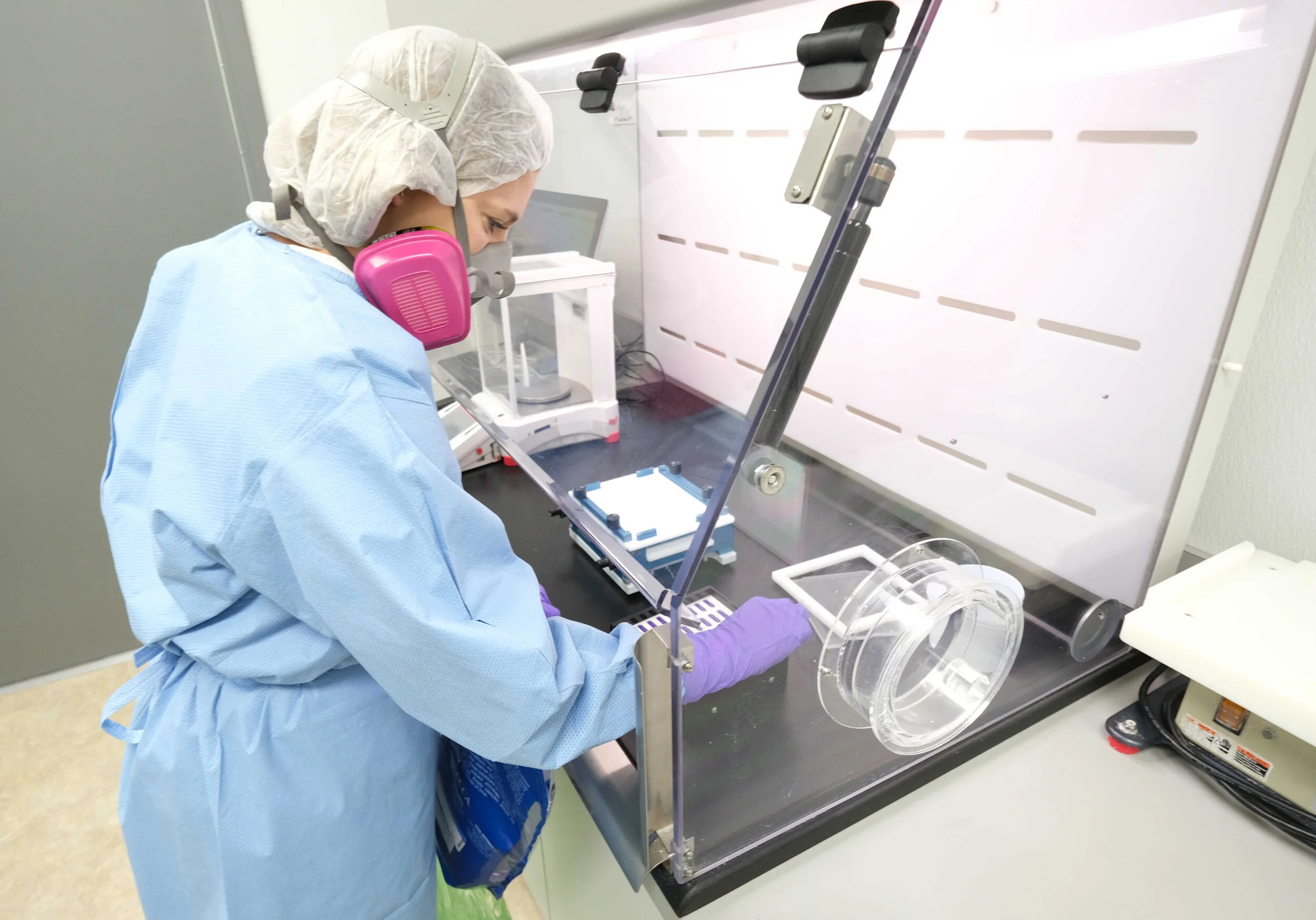




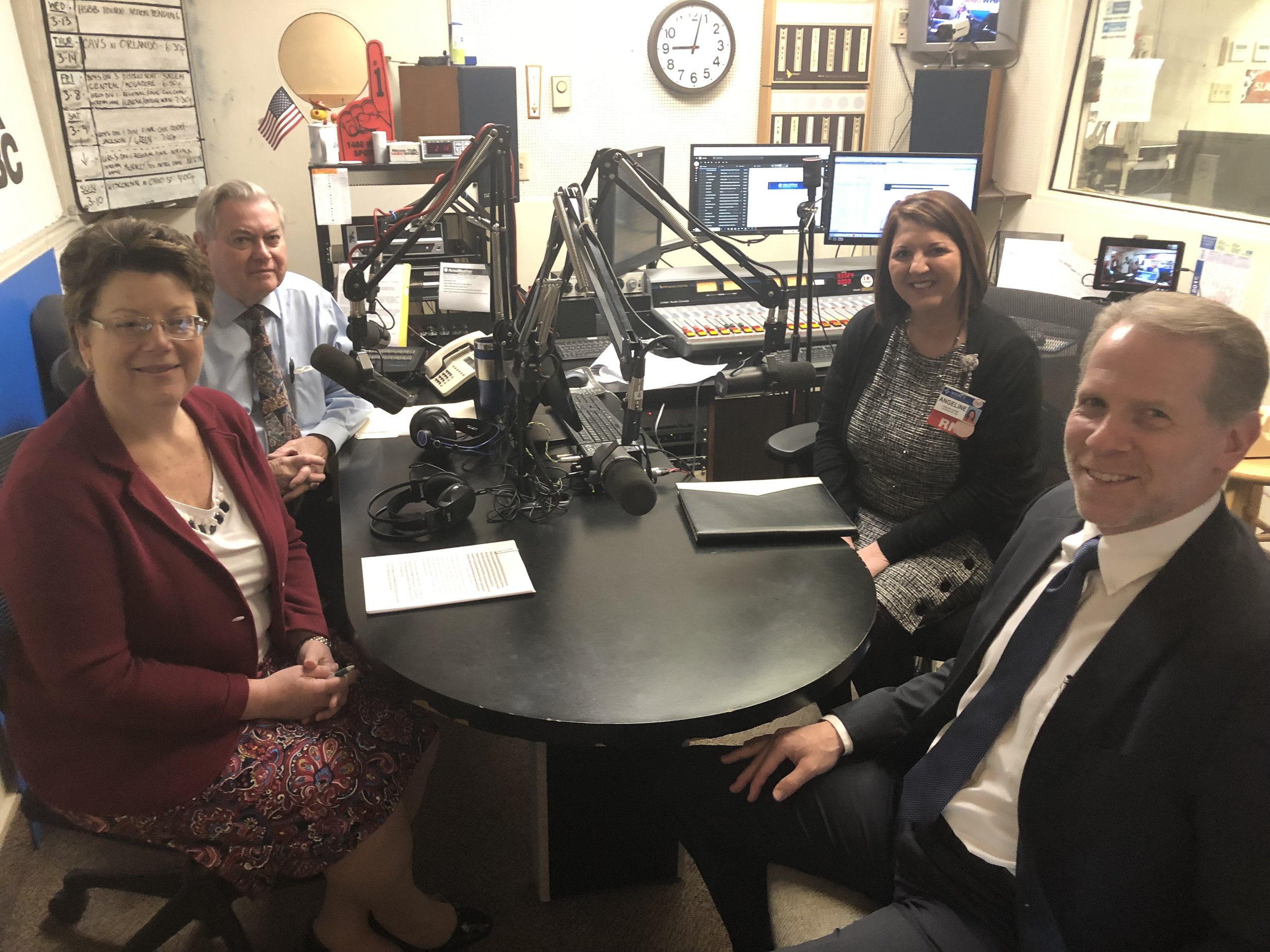
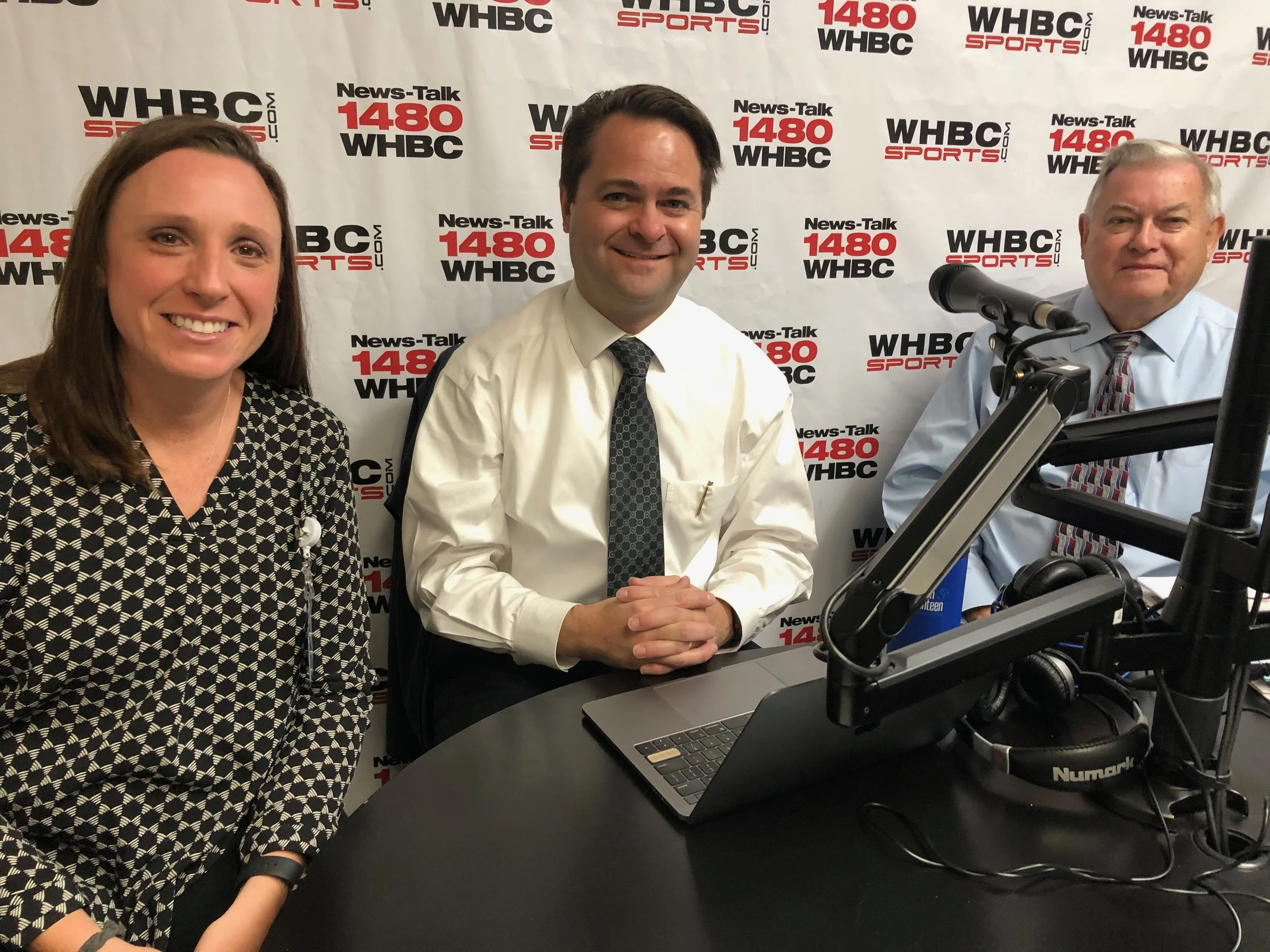











Folic acid is a water-soluble essential B vitamin found in many foods, including leafy green vegetables, citrus fruits, and beans. Research has established that supplementation with folic acid before and during the first two months of pregnancy can prevent neural tube defects in developing fetuses in women. The U.S. Public Health Service has recommended that women of childbearing age take a supplement containing 400 mcg of folic acid every day to reduce the risk of a pregnancy affected by neural tube defects. In addition to its prevention of serious birth defects, folic acid plays a key role in the metabolism of homocysteine. Homocysteine is a sulfur containing amino acid that is created in the body from methionine, an essential amino acid derived solely from dietary intake. High plasma levels of homocysteine appear to injure the vasculature, impairing the functional abilities of endothelial and smooth muscle cells. Elevated homocysteine also appears to be thrombogenic. Suboptimal intake of several B vitamins, including folic acid, in addition to renal failure and genetic defects in homocysteine metabolism, can all contribute to abnormal homocysteine levels.